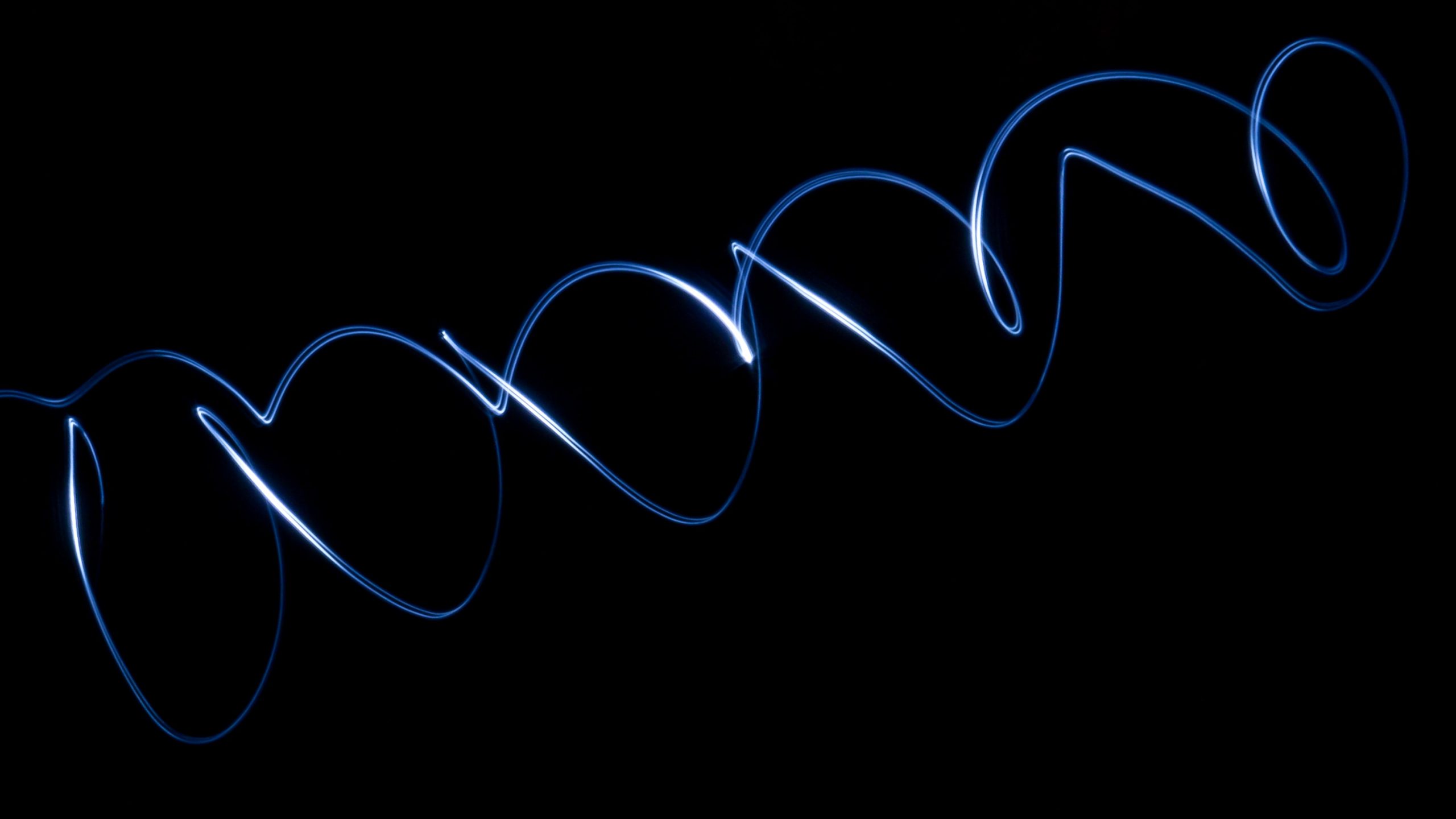Environmental Monitoring and Sensing

Empowering Bioelectrochemical Systems (BEs) and Microbial Fuel Cells (MFCs) with Smart Sensors and Embedded Intelligence for Environmental Resilience.
WG Description
Workgroup 3 brings together two distinctive communities that represent the two fundamental parts of a WSN:
- the community of sensors, for the development of devices to be integrated into a detection network for monitoring environmental parameters;
- the embedded systems community, for the design of an efficient and autonomous WSN (powered by MFCs) for the real-time transmission of sensor data.
This WGs aims at bridging the gap between these two communities by collaborative development solutions focused on a real case of a holistic system : an Autonomous Ambient Intelligence Architecture for Environmental Rehabilitation.
aims or objectives
-
Use BES as permanent and renewable battery for Wireless Sensor Networks and Ubiquitous Environment Architecture: in particular study of MFCs configuration for several scenarios.
-
Investigate the sensing capabilities of BEs from physical and chemical properties to optimized hardware platform, supporting specific embedded operating systems.
-
Integrated MFC powered Lab-On-Chip systems dedicated to small quantities of substances (medical and environmental applications).
detailed description of the WG
In fact, in monitoring activity, we consider:
1) to use the BES as power supply allowing effective operation of autonomous efficient WSN. So, as described in the Memorandum of Understanding, One WG3 activity will be focused on the development and testing of autonomous efficient WSN. The scientific field is in the contest of low power communications.
2) to use the BES as detector. These activities will be performed for evaluation of sensing capabilities of BESs, optimization of hardware platforms, operating systems and MFCs configuration for several scenarios.
3) to include activities of the design of innovative sensors like System-On-Glass for Lab-On-Chip powered by MFC. These systems, currently designed for medical tests, allow in-situ and real-time the detection of small quantities of substances, like for acid rain evaluation. One challenge is the reduction of power consumption requested for operation of these devices in order to can use MFC as power source.
The title of first task is “autonomous efficient WSN”.
WG Members
WG Leader: Prof Fabien MIEYEVILLE
University of Lyon – fabien.mieyeville@univ-lyon1.fr
|
Member |
Contacts |
|
Dr Pınar GÜLTEKIN |
Duzce University
|
|
Dr Andrea PIETRELLI |
Université Claude Bernard Lyon
|
|
Dr Juris BURLAKOVS |
University of Latvia
|
|
Dr Parisa GÖKER |
Bilecik Şeyh Edebali University
|
|
Prof Mateo GAŠPAROVIĆ |
Faculty of Geodesy, University of Zagreb
mateo.gasparovic@geof.unizg.hr |
|
Dr Pranas MIERAUSKAS |
Mykolas Romeris University
|
|
Dr Zvi WEINSTEIN |
Israel Smart cities Institute
zviw@nonstop.net.il |
|
Prof Sven KERZENMACHER |
University of Bremen
|
|
Dr Szymon MALINOWSKI |
Lublin University of Technology
|
|
Dr Luciana PEIXOTO |
University of Minho
|
|
Prof Ales LAPANJE |
Jozef Stefan Institute
|
|
Dr Marina SCIBAN |
University of Novi Sad
|
|
Ms Linda GRINBERGA |
Latvia University of Life Sciences and Technologies
|
|
Dr Gordana KAPLAN |
Eskisehir Technical University
|
|
Prof Giampiero DE CESARE |
University of Rome “La Sapienza”
|
|
Prof Vincenzo FERRARA |
Sapienza University of Rome
|
|
Prof Fabien MIEYEVILLE |
University of Lyon
|
|
Prof Arben GJUKAJ |
University of Prishtina
|
|
Prof Bruno ALLARD |
INSA Lyon
|
|
Prof Paula LÓPEZ MARTÍNEZ |
Universidade de Santiago de Compostela
|
|
Prof Ioannis IEROPOULOS |
University of Southampton
|
|
Dr Deepu JOHN |
University College Dublin
|
|
Dr Andreas MIDDENDORF |
Fraunhofer Institut für Zuverlässigkeit und Mikrointegration – Fraunhofer Insitute for Reliability and Microintegration
|
|
Dr Marie ROBIN |
Université Claude Bernard Lyon
|
|
Mr Thierry COURCIER |
Université de Sherbrooke
|
Publication
Nicula, N. O., Lungulescu, E. M., Ieropoulos, I. A., Rimbu, G. A., & Csutak, O. (2022). Nutrients Removal from Aquaculture Wastewater by Biofilter/Antibiotic-Resistant Bacteria Systems. Water, 14(4), 607.
Publication
Kaplan, G., Aydinli, H. O., Pietrelli, A., Mieyeville, F., & Ferrara, V. (2022). Oil-Contaminated Soil Modeling and Remediation Monitoring in Arid Areas Using Remote Sensing. Remote Sensing, 14(10), 2500.
Publication
Kaplan, G., Rashid, T., Gasparovic, M., Pietrelli, A., & Ferrara, V. (2022). Monitoring war‐generated environmental security using remote sensing: A review. Land Degradation & Development.
Past events
EVENT
EVENT
Virtual meetings in 2021 : March, September and December
EVENT
PHOENIX COST Management Committee Meeting (MC3) 1 October 2021
